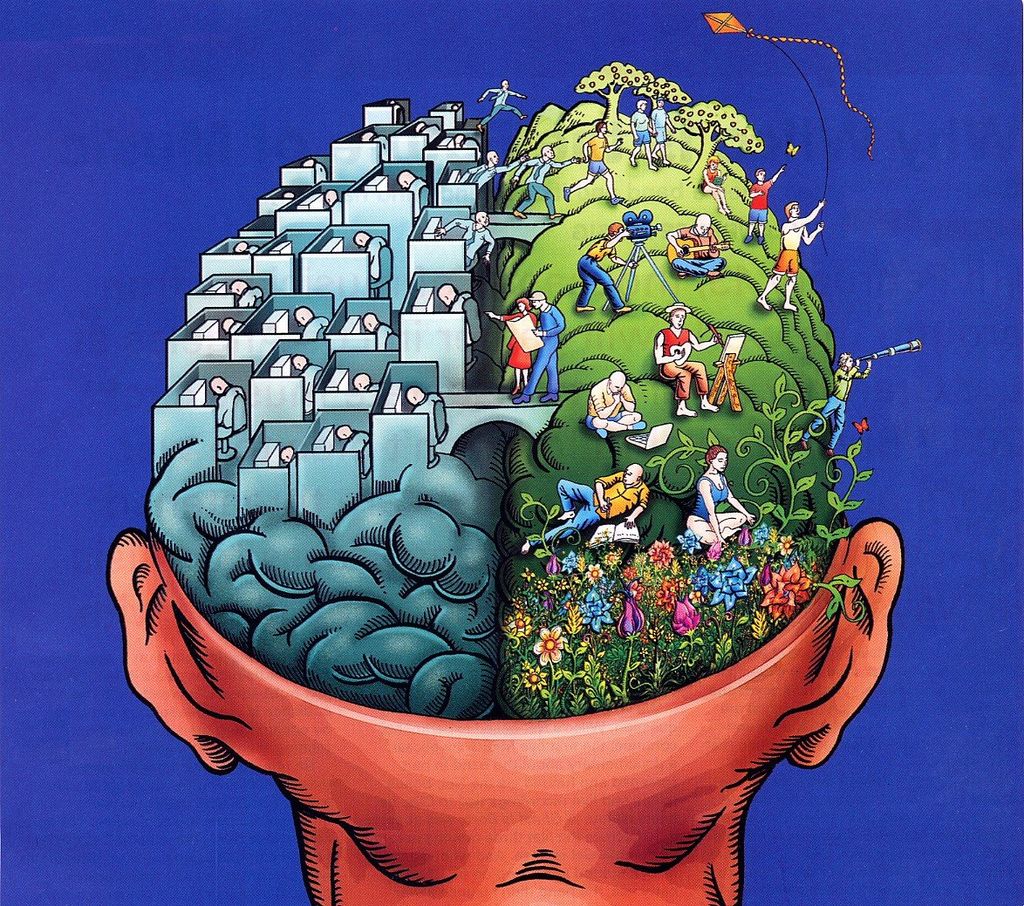Aside from supporting some of the most amazing students, the best part about auditing college reading and writing courses is that I’m constantly exposed to books and other types of texts that transform my views about failure and success.
As the largest community college in California, City College of San Francisco also happens to serve one of the most diverse student populations of any college campus – there is economic diversity, linguistic diversity, diversity in age, and diversity in ability – and along with all this diversity comes various intrinsic and extrinsic challenges to college retention.
In response to diversity, major themes in the English Department are “Mindset” and “Metacognition”, so many of the readings challenge students to reconsider their beliefs about failure, and the writing assignments prompt students to reflect on their unique struggles and develop strategies to breakthrough barriers to success.
My favorite book this semester has been Mindsets: The New Psychology of Success by Carol Dweck. Through extensive interview and survey data, Dweck discovered that there are two mindsets: Fixed Mindset and Growth Mindset.
Dweck characterizes Fixed Mindset by a belief that individuals are endowed with specific intelligences, talents, and abilities at birth, which are stubborn. Moreover, Fixed Mindset is skeptical that new skills and abilities can be cultivated over the course of an individual’s lifetime. Fixed Mindset is reflected in the statement, “I’m not a math person – I’ll never be good a math!”
In contrast, Growth Mindset acknowledges that individuals are endowed with certain traits at birth; however, Growth Mindset is distinguished by the belief that new intelligences, talents, and abilities can be cultivated through effort and perseverance. Instead of saying, “I’m not a math person – I’ll never be good a math!” Growth Mindset might say something more like, “I know that I struggle in math, but I can improve if I practice consistently and seek answers to my questions.”
Cultivating an appropriate mindset is super important. Those with Growth Mindset are more likely to succeed than those with a Fixed Mindset because they are more likely to take risks and less likely to be deterred by the prospect of failure.
For “Thought” #6, I wanted reflect on how to cultivate a #winning Mindset. The following are 2 easy ways to develop a mindset that is most likely to beget lifelong growth and development.
1. Accept that #winning Requires Failing
The first step in cultivating a #winning mindset is to accept that “all great achievements require time,” which coincidentally happens to be one my favorite quote from Maya Angelou.
Fixed Mindset would have you believe that anything you fail to excel at naturally or with minimal effort is something that you probably aren’t meant to do; however, the danger of this attitude is that it causes you to develop Atychiphobia (i.e. a debilitating fear of failure) – for more about overcoming the fear of failure, be sure to read Thought #1: Conquer the Fear of Failure.
There are so many examples of great people in history who were only able to accomplish something great because they weren’t afraid to fail over and over again. Michael Jordan, who is widely considered to be one of the greatest basketball players of all time, is reported to have said:
“I’ve missed more than 9000 shots in my career. I’ve lost almost 300 games. 26 times I’ve been trusted to take the game winning shot…and missed. I’ve failed over and over and over again in my life. That is why I succeed.”
If you spend life in your comfort zone, you’ll end up missing out on a lot of important life lessons.
2. Be a Person of Action
Today is the perfect opportunity to try out something that you’ve convinced yourself you wouldn’t be any good at.
Take a computer science class, learn how to cook, do ballet, or pick up a new language. If inspires you, just do it…especially if the only reason you don’t is because you believe you wouldn’t be any good at it.
While failure can be extremely uncomfortable, failure creates invaluable opportunities for you to gain new insights into your skills and capabilities, so you can overcome the obstacles that stand between you and success.
Whether you’re ‘Good’ or ‘Bad’, the more risks you take on yourself, the greater the return on investment.
You’ll never know what you are truly capable of unless you take a risk and just do it. Moreover, every time you step out of your comfort zone and try something new, you’re building your confidence and laying the How does this relate to my brand and mission? Why am I talking about this?
I should start with an anecdote about a time I failed at something and how I dealt with that failure. Maybe I could share how my mindset about majoring in biology shifted and why I eventually chose to major in political science. I could talk about my mindset towards learning Spanish and why I have had such a hard time becoming fluent. I could talk about writing and my mindset pursuing and completing my certificate in the teaching of composition. I could talk about my mindset toward blogging. Maybe as I write more, I can emphasize that mindset is not an either or proposition but, rather, case specific and operating on spectrum because there is a constant tug of war that takes place for me. Maybe that’s a little bit of a critique that I have about Dweck is that she depicts mindset as a black and white.


Absolutely loved it! Thank you for the motivation. “Winning requires failing” was my favorite paragraph. Often times we do not understand that success comes from failure. Great job, Kyle!
Thanks for reading Brit – I really appreciate the comment. So often we’re terrified of failure, but the truth is failure can be a gift of you’re able to learn and growth from it.